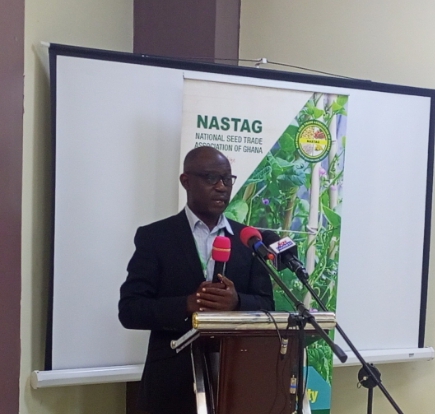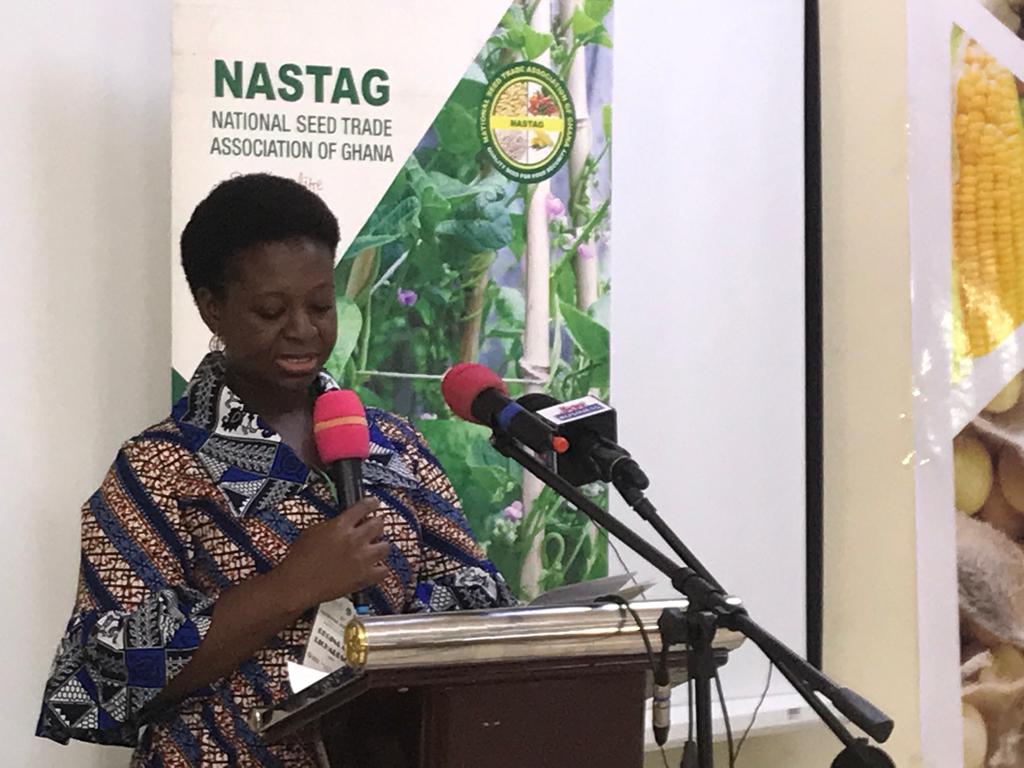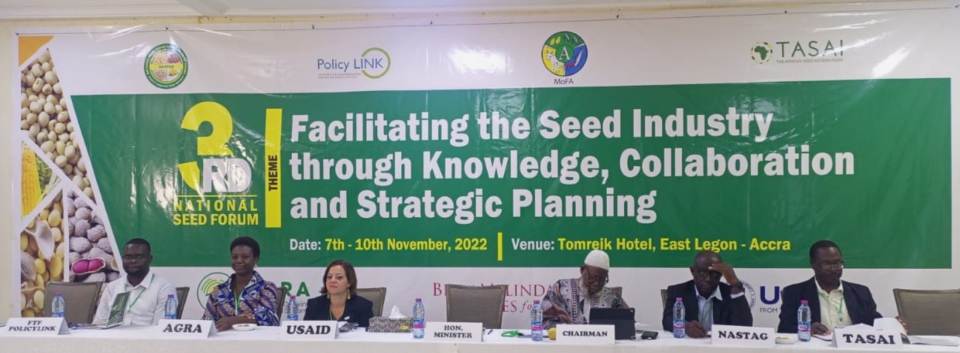Agricultural sector stakeholders from across the country have begun a four-day meeting in Accra to develop a revised Seed Sector Strategy and Investment Plan to help boost the country’s food security.
Officials from the Agriculture Ministry, the National Seed Trade Association of Ghana (NASTAG), The African Seed Access Index (TASAI), and other seed sector stakeholders are meeting from November 7, for the 3rd National Seed Forum.
The Seed Sector Strategy and Investment Plan is expected to strengthen Ghana’s seed industry by promoting the adoption and utilisation of certified seed by the country’s farmers.

Given the current economic crisis in Ghana, which is affecting the lack of fertilizer and seed inputs for farmers, strengthening the seed sector and increasing the use of improved seeds is expected to boost crop yields, and transform the food system that feeds the country, a statement from The Alliance for the Green Revolution in Africa (AGRA), which is spearheading the initiative said.
The four-day workshop follows a successful deployment of the Seed Systems Analysis Tool (SeedSAT), to analyze the functioning of eight key thematic areas of the national seed system and make prioritized recommendations for interventions to support a robust seed sector.
Under the theme, “Facilitating the Seed Industry through Knowledge, Collaboration and Strategic Planning”, the delegates at the National Seed Forum will revise the National Seed Plan (2015) and incorporate the recommendations from the SeedSAT exercise.
The workshop will also allow industry players to network and receive updates on pertinent seed sector issues and strengthened business linkages.
The statement by Rebecca Weaver of AGRA said AGRA is working on this effort with the support of the U.S. Government through the U.S. Agency for International Development (USAID), and the Bill & Melinda Gates Foundation (BMGF), under the Partnership for Inclusive Agricultural Transformation in Africa (PIATA) umbrella.

It said Ghana’s seed sector has made tremendous growth in the past few years, with the development and availability of improved and locally adapted seed varieties.
However, the adoption is still marginal, with just about 30% of the farmers using the improved varieties.
The slow pace of adoption is linked to inadequate compliance with seed legislation by various key seed value chain operators, and the disregard of the rules and procedures of the Seed Certification and Standard Regulations.
Latest Stories
-
Joy FM Prayer Summit for Peace ends in electrifying worship and prayer
3 hours -
The Conscience of Leadership: A call to President Akufo-Addo on Ghana’s environmental devastation
3 hours -
Ghanaian youth unaware of their right to hold politicians accountable – Youth Bridge Foundation
4 hours -
Judge delays Trump sentencing for a third time
5 hours -
2024 WAFCON: Ghana drawn against defending champions South Africa in Group C
5 hours -
Photos from DW-JoyNews street debate on ‘galamsey’
6 hours -
Mimmy Yeboah: Blending heritage with global sophistication, confidence redefined through couture
6 hours -
100 Most Influential People Awards 2024: Brain Hill International School’s Director Mary Anane Awuku honoured
6 hours -
Akufo-Addo commissions 97-km Tema-Mpakadan railway line
7 hours -
Majority requests recall of Parliament
7 hours -
Kanzlsperger and Professor Quartey support WAFA with medical Donation
7 hours -
Gideon Boako donates 10 industrial sewing machines to Yamfo Technical Institute
7 hours -
‘Golden Boy’ Abdul Karim Razak honored at WAFU-B general assembly
7 hours -
Buipewura Jinapor secures Vice Presidential position in National House of Chiefs with record votes
7 hours -
2024 election: I want results to come out like ‘milk and honey’ – Toobu
8 hours

